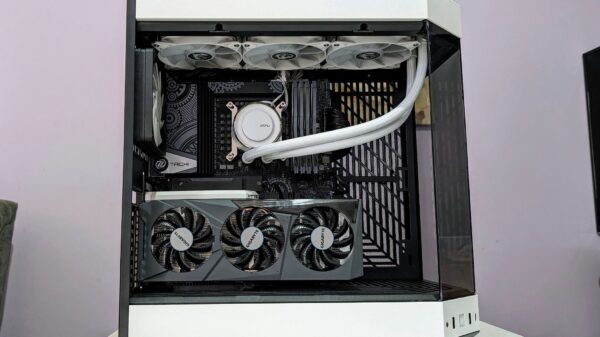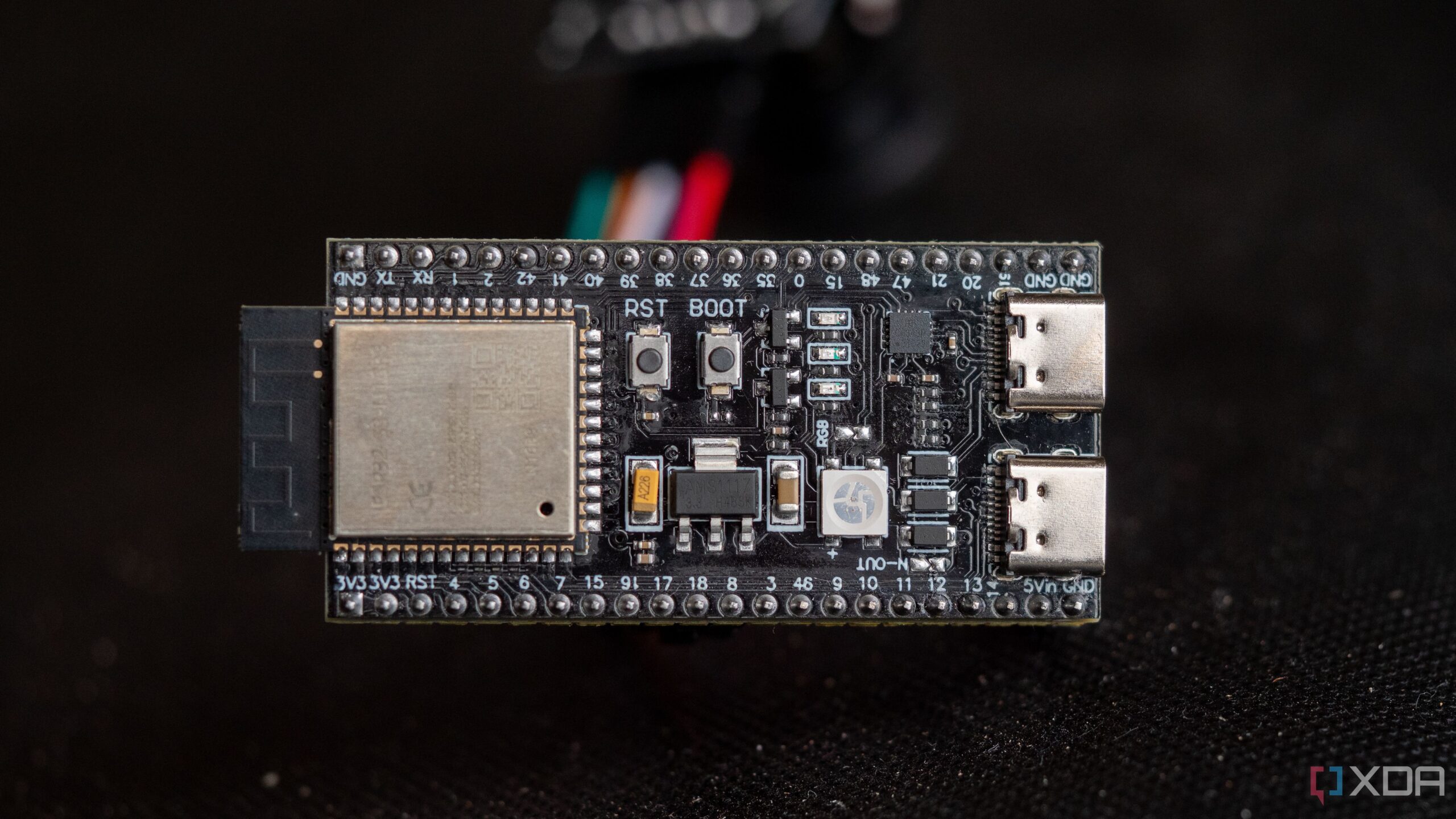URGENT UPDATE: Reports are emerging about the prevalence of counterfeit ESP32 devices in the market, raising concerns for tech enthusiasts and developers. As of October 2023, users are urged to remain vigilant when purchasing ESP32 boards and modules, as not all may be genuine or reliable.
The ESP32 microcontroller, widely praised for its versatility and affordability, has seen an influx of boards that falsely claim to be high-quality products. While the core chip is generally legitimate and manufactured by Espressif, the surrounding components may not meet the expected standards, leading to potential failures and performance issues.
Latest analyses indicate that many counterfeit boards are marketed under familiar names like ESP32-WROOM-32, yet lack the authenticity of official Espressif products.
“Counterfeit devices attempt to pass off as the real thing, often with misleading FCC IDs,”
warns technology expert Ayush Pande. This has serious implications for developers relying on these components for critical projects.
The issue is compounded by the fact that while the actual ESP32 chip is rarely counterfeited—due to its complexity and low cost—the modules and boards often suffer from quality inconsistencies. For instance, counterfeit boards may use cheaper components like the CH340 instead of the higher-quality CP2102 USB-to-UART bridge chip, leading to connectivity problems and increased setup challenges.
As hobbyists and developers seek to implement the ESP32 in various applications, understanding the difference between clones and counterfeits is crucial. A legitimate clone may function similarly to an original device but lack the reliability of authorized models. In contrast, a counterfeit board is designed to mislead buyers, jeopardizing project integrity and user safety.
What to Watch For: Potential buyers should look for signs of authenticity, such as proper FCC identification and reputable vendor listings. Devices marketed as generic or non-branded are often safer bets, as they are less likely to falsely claim Espressif branding.
Authorities recommend checking for visible quality indicators, such as the type of USB port used. Espressif’s genuine development kits typically use microUSB, while counterfeit devices may switch to USB-C to attract buyers looking for modern connectivity options.
The growing concern over counterfeit ESP32 devices highlights the importance of consumer awareness in the tech landscape. Developers must exercise caution and conduct thorough research to ensure they are purchasing reliable components, especially as the market becomes increasingly saturated with lookalikes.
In summary, while the ESP32 remains a popular choice for various tech projects, the rise of counterfeit products poses significant risks. Users are encouraged to share their experiences and report suspicious products to help maintain the integrity of the technology community. Stay informed and protect your projects by ensuring that your ESP32 devices are authentic and reliable.






































































